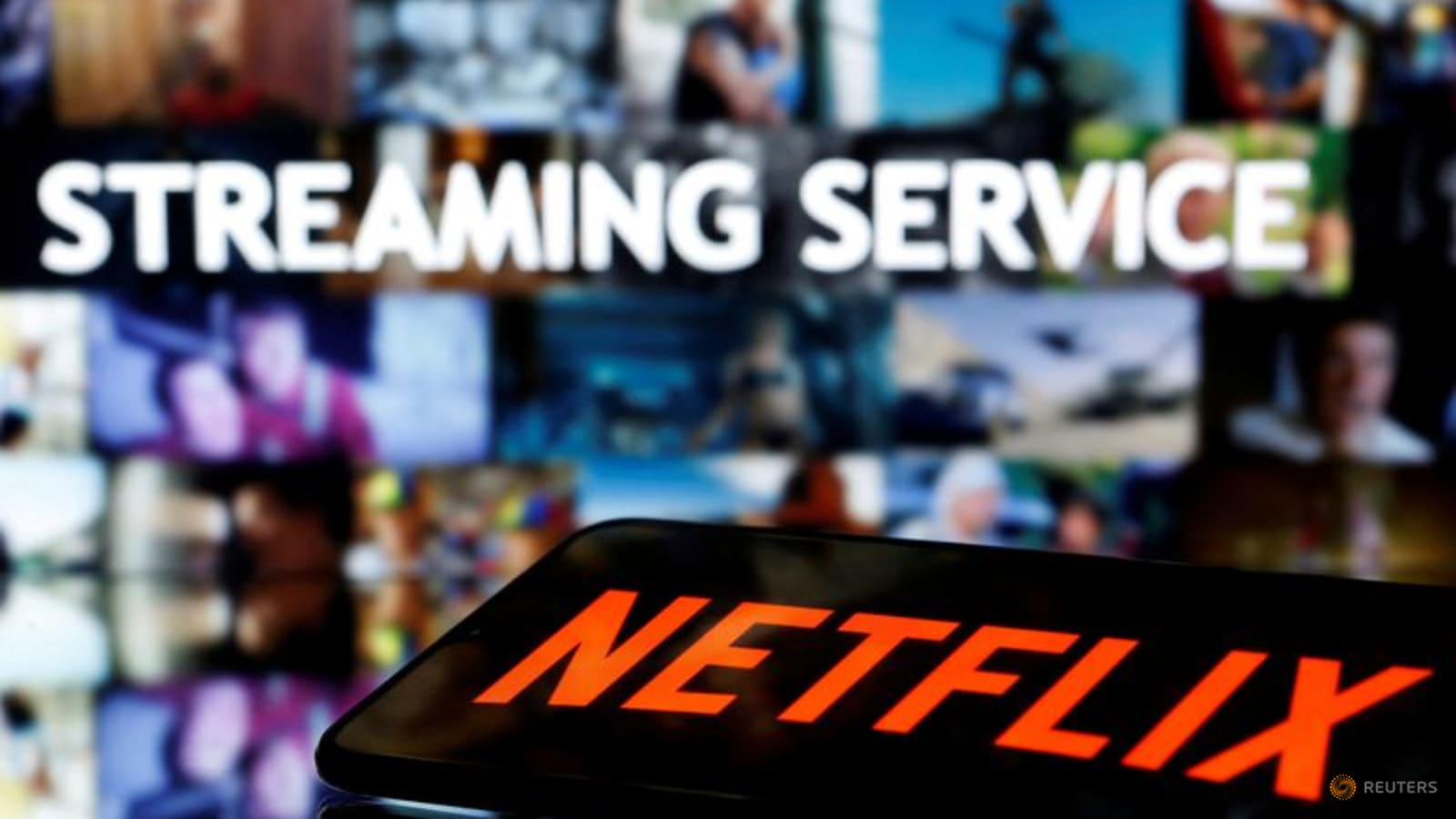LOS ANGELES: When Netflix co-founder Reed Hastings declared in 2016 “we love people sharing” accounts, the company had a commanding lead in the streaming business and four years of blistering growth ahead of it. No one had yet heard of Disney Plus or the streaming wars.
But after the platform lost subscribers early last year, Hastings called time on this breezy attitude towards password sharing, which has given rise to an estimated 100 million Netflix freeloaders around the world.
In recent days, the company has launched password crackdowns in the US, UK and more than 100 other countries.
In the US, it has told customers that if they want to share their password, they must pay US$7.99 a month to add a person outside their home, or US$6.99 if they are prepared to have an account with adverts.
The crackdown plus the new push into advertising reflect the tough realities of the streaming business model that Netflix pioneered. In the boom times, investors were willing to overlook eight- or nine-figure quarterly losses as long as subscription growth was strong.
Now, however, new sign-ups have slowed and competition is intense. In the US, the average household has 5.5 streaming subscriptions, notes Jennifer Chan, global strategic director at research group Kantar.
“Overall household streaming penetration hasn’t changed very much since the end of COVID-19,” Chan said. “So the focus for streamers now is on retaining their current customer base and becoming the priority subscription so that consumers aren’t cancelling – and if they are, how do you win them back”.


